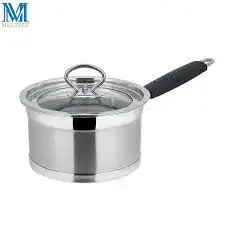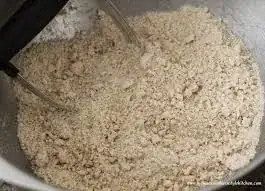In Dutch, we have just one word for pots and pans, which happens to be "pan", so I was surprised to learn about the word "pot". I learned that pans are for frying, which is why they are shallow and pots are for boiling, which is why they are tall and have straight sides. But that doesn't seem entirely correct. Saucepans seem to have the properties of a pot, but are a pan.
There is a lot of conflicting information on the internet. So what's a pan and what's a pot?

